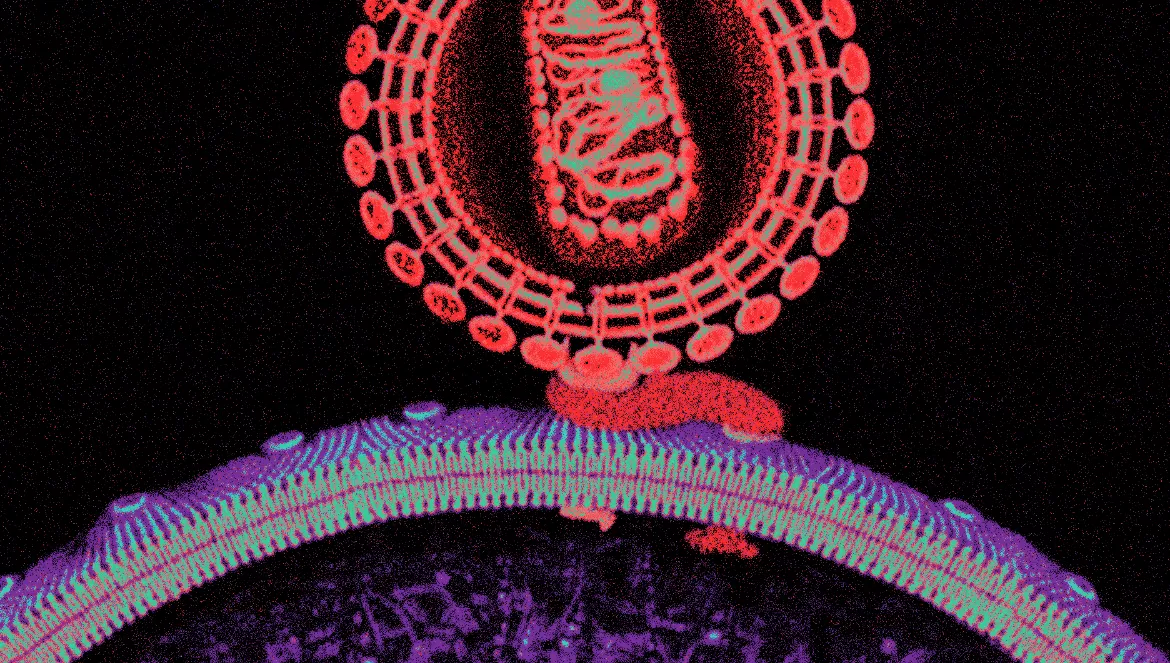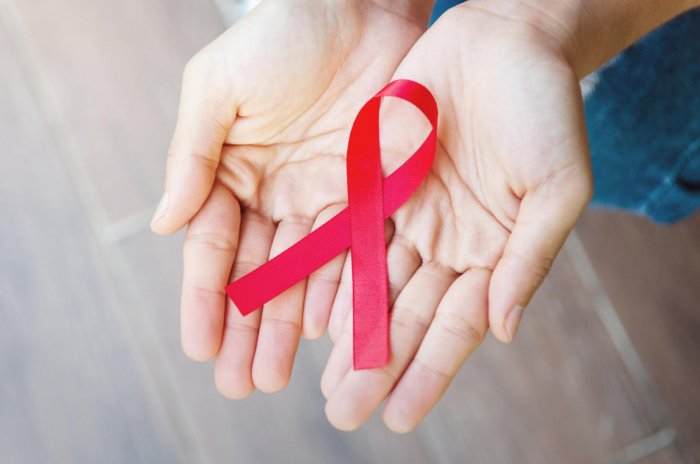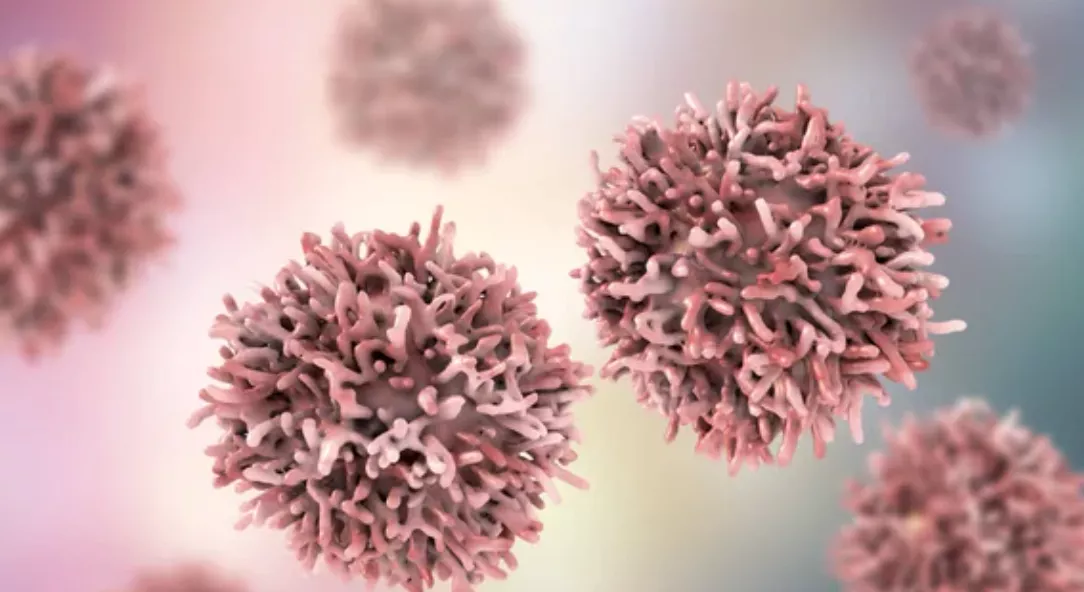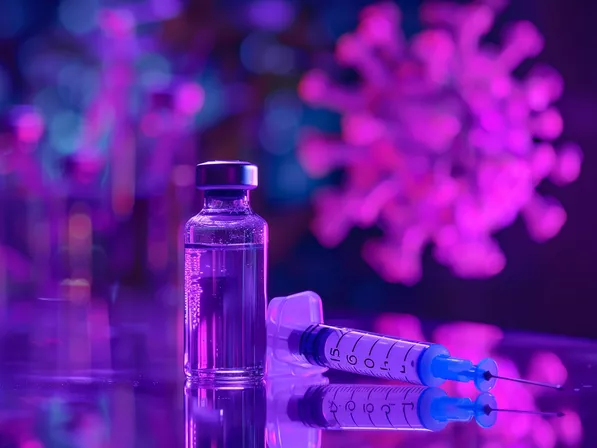Stem Cell Transplant Might Cure the 7th Person in the History of HIV
2128
HIV is one of the STIs known for being incurable, but we might have good news. A man from Germany went undetectable even after stop taking antiviral.
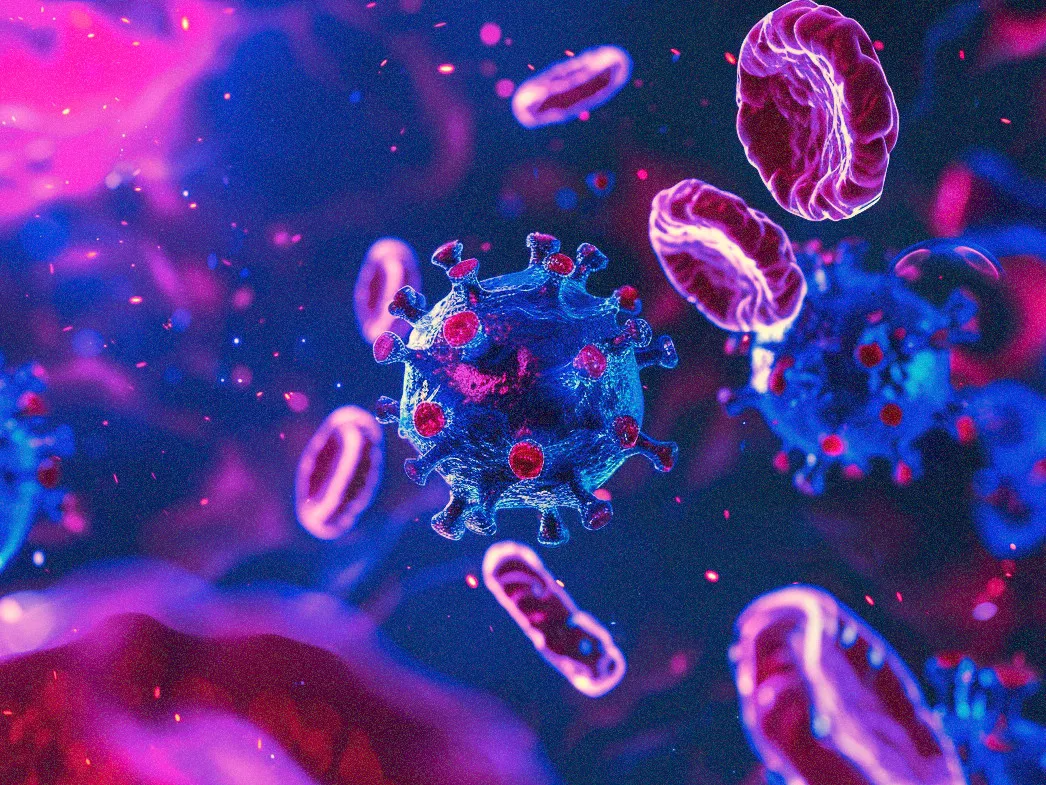
Stem cell transplant might cure the 7th person in the history of HIV
HIV is one of the STIs known for being incurable, but we might have good news. A man from Germany went undetectable even after stopping antiviral medication in 2018. This has only been achieved in six other people in the history of the AIDS epidemic.
With current medicine, HIV is totally manageable if detected early. New tests are more accurate and can detect infections sooner. If you think you're at risk of contracting HIV, please consider getting tested. There are also many safety precautions you can use to reduce the risk of contracting HIV, such as PEP after exposure to the virus or PrEP to take daily. Contact us at info.bkk@pulse-clinic.com or chat with us on your preferred platform if you wish to receive affordable and quality HIV care.
![]() +66 65 237 1936
+66 65 237 1936  @PULSEClinic
@PULSEClinic ![]() PulseClinic
PulseClinic
A German man was cured from HIV. What does this mean?
A man from Germany received a stem cell transplant for his leukemia treatment in 2015 and is now in HIV remission, even after stopping antiretroviral medication in 2018. Similar to previous cases of people cured of HIV, this patient inherited HIV-resistant mutations from his donor. However, this case involves a stem cell transplant where the donor had a single mutation rather than the two CCR5-delta32 mutations seen in previous cases. This broadens the potential donor pool, as the donor doesn’t need to be immune to the virus, making this procedure more accessible.
Declaring someone cured of HIV means that they remain undetectable even after stopping antiretroviral medications. These rare cases have only occurred in 7 people in the history of HIV. Most achieve this through transplants with stem cells containing rare genes that make their immune systems HIV-resistant. Although more studies are needed to understand how this works, these promising results indicate that a cure for HIV is possible.
Why is HIV still incurable after 40 years?
HIV is difficult to eradicate because of the way it works. The virus attacks immune system cells and hijacks white blood cells to produce more copies of itself. Antivirals can manage this by preventing infected cells from producing more viruses.
The standard treatment is effective against active HIV cells and can make patients undetectable, but it doesn’t affect infected cells that aren’t actively producing viruses, known as HIV reservoirs. These reservoirs are inactive infected cells invisible to the immune system and can start producing viruses again if antiretroviral medication is stopped. This is why people with HIV must continue taking their medication even when undetectable.
Add us on Line and stay in touch.
Why can’t we just give this type of stem cell transplant to everyone with HIV?
Though promising, the CCR5 mutation is rare, found in only 1% of the population. Stem cell transplants are complex and carry life-threatening risks. Thus, curing HIV with stem cell transplants is more of a byproduct of cancer treatment rather than a standalone HIV treatment. This procedure is reserved for select cases that fit this treatment.
Is there hope for a cure for HIV?
These incredible stories represent rare cases among the tens of millions of people living with HIV. They show that curing HIV is possible but not yet publicly available. However, medications and treatment plans have greatly improved over the past decades. People with HIV can now live full, happy, and healthy lives. Current antiretroviral medicines are easy to use, affordable, and highly effective when used correctly.
Despite the lack of a current cure for HIV, there is hope. Researchers and doctors continue to seek a safe cure for most people. Medications keep improving, becoming more effective and easier to use, such as long-lasting injectable ARVs. Life doesn’t end after an HIV diagnosis. There are many ways to manage health after infection, and people are becoming more understanding of this condition. While we may not yet have a cure for HIV, we are heading in the right direction, offering hope to those living with the virus. So, yes, there is still hope for people living with HIV.
PULSE Clinic Branches
![]() Thailand
Thailand
PULSE Clinic Silom Bangkok info.bkk@pulse-clinic.com Tel: +66 65237 1936 or WhatsApp
![]() or LINE official account
or LINE official account ![]()
PULSE Clinic Nana Bangkok info.bkk@pulse-clinic.com Tel: +66 95915 6385 or WhatsApp ![]() or LINE official account
or LINE official account ![]()
PULSE Clinic Nana2 Bangkok info.bkk@pulse-clinic.com Tel: +66 99426 6982 or WhatsApp
![]() or LINE official account
or LINE official account ![]()
PULSE Clinic Patong Beach, Phuketinfo.phuket@pulse-clinic.com Tel: +66 95261 5282 or WhatsApp
![]() or LINE official account
or LINE official account ![]()
PULSE Clinic Sukhumvit 37,info.bkk@pulse-clinic.com Tel: +66 92497 9353 or WhatsApp
![]() or LINE official account
or LINE official account ![]()
PULSE Clinic Asoke – Executive Health center Asoke, Bangkok info@eu-health.org Tel :+6664 742 6528 or WhatsApp
![]() or LINE official account
or LINE official account ![]()
PULSE Clinic South Pattaya info.bkk@pulse-clinic.com Tel :+66 62 828 7969 or WhatsApp
![]() or LINE official account
or LINE official account ![]()
PULSE Clinic North Pattaya info.bkk@pulse-clinic.com Tel :+66 62 828 7969 or WhatsApp
![]() or LINE official account
or LINE official account ![]()
PULSE Clinic Nimman Chiang Mai info.cnx@pulse-clinic.com Tel: +66 99479 7168 or WhatsApp ![]() or LINE official account
or LINE official account ![]()
PULSE Clinic Phuket Town, Phuket info.phuket@pulse-clinic.com Tel: +66 65237 1936 or WhatsApp
![]() or LINE official account
or LINE official account ![]()
![]() Malaysia
Malaysia
PULSE Clinic Bukit Bintang, Kuala Lumpur info.kl@pulse-clinic.com Tel: +60321102122, Whatsapp +601165388678
PULSE Clinic Bangsar, Kuala Lumpur info.kl@pulse-clinic.com Tel: +60321102122, Whatsapp +601165388678
PULSE Clinic George Town, Penang, info.pg@pulse-clinic.com +60138039693, Whatsapp +60138039693
Hong Kong
PULSE Clinic Central, Hong Kong info.hk@pulse-clinic.com Tel: +852 2389 8250
![]() Singapore
Singapore
PULSE Clinic Tanjong Pagar, Singapore info.sg@pulse-clinic.com Tel: +65 6974 59190 or WhatsApp
![]()
![]() Philippines
Philippines
PULSE Clinic Manila, Philippines info.ph@pulse-clinic.com Tel: +63 91712454970 or WhatsApp
![]() or LINE official account
or LINE official account ![]()
We’re here to help
Whatever you’re experiencing, you're not alone. PULSE Social Enterprise is here for any concerns and questions that you might have about your health.
From general wellness to mental well-being to sexual health, we will be sure to give you fast, reliable, and safe diagnosis, treatment, and consultation.
Trust PULSE CLINIC to take care of your health like other 45000 people from over 130 countries. We provide discreet professional service with high privacy. Here to help, not to judge.


